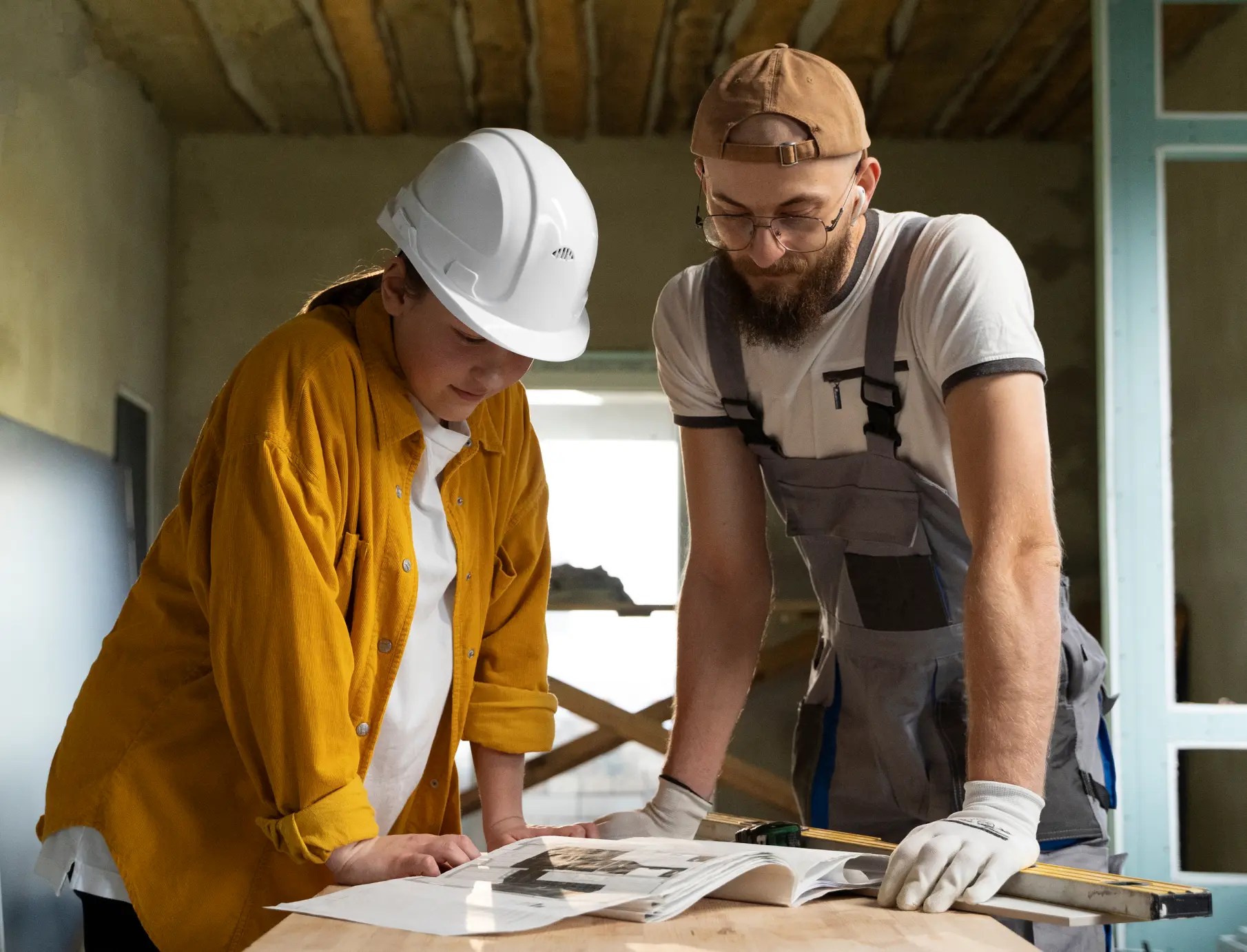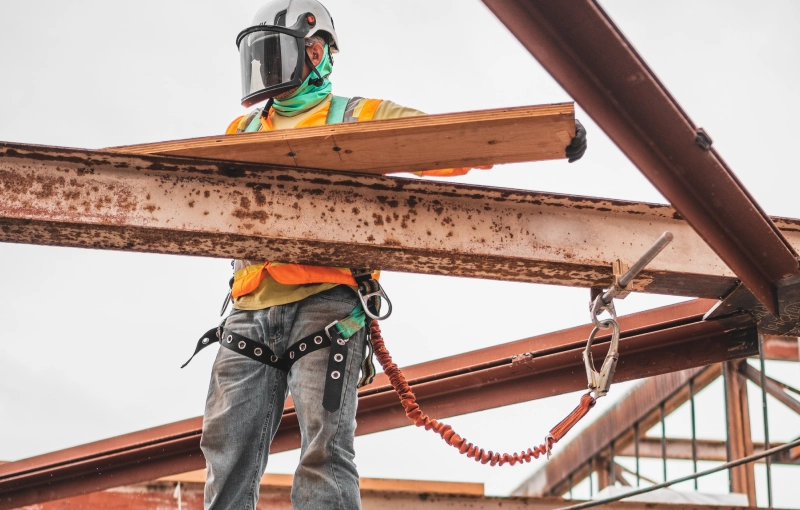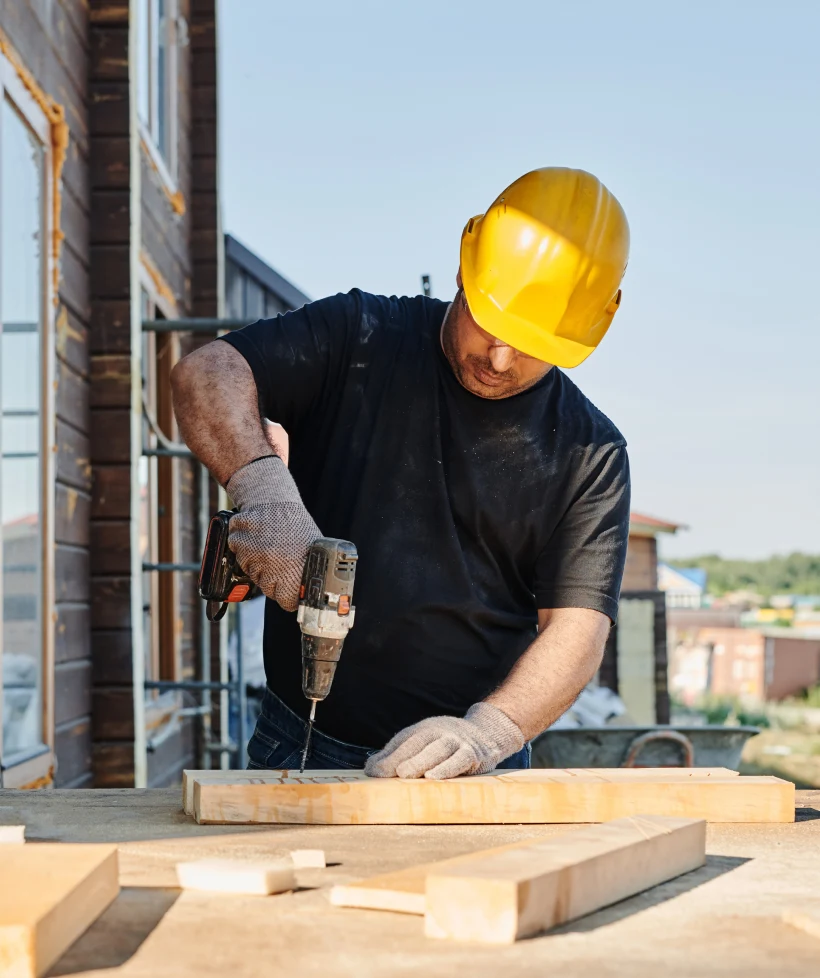Explore the differences between fiberglass and vinyl windows to make an informed decision on the best choice for your home’s needs.

When renovating or building a new home, choosing the right windows is crucial. Windows not only affect the appearance of your home but also its energy efficiency and maintenance needs. Two popular materials in the window market are fiberglass and vinyl. Each offers distinct advantages and some limitations, making the choice between them significant for homeowners.
Understanding the properties of fiberglass and vinyl windows can help you make a more informed decision. While both materials are prevalent in modern homes, they cater to different priorities and budgets. Let’s explore the fundamental differences between fiberglass and vinyl windows to see which might be the better fit for your specific needs.
Fiberglass windows are a top choice for homeowners seeking long-lasting and energy-efficient solutions. These windows offer several advantages that make them a superior option for various climates and settings.
Exceptional Durability
Fiberglass is known for its strength and resilience, which translates into outstanding longevity for windows made from this material:
Superior Energy Efficiency
The composition of fiberglass windows contributes significantly to their energy efficiency, helping to reduce heating and cooling costs:
Versatility in Design
Despite their strength, fiberglass windows are remarkably adaptable and can be designed to fit any home’s aesthetic:
Low Maintenance Needs
Fiberglass windows require minimal upkeep, which is a significant advantage for those looking to reduce ongoing maintenance costs:
Fiberglass windows represent a smart investment for homeowners focused on durability, efficiency, and aesthetics. Their ability to maintain structural integrity and insulation properties over time makes them a practical choice for any setting, enhancing the comfort and value of a home.

Vinyl windows offer a practical and economical choice for homeowners, balancing initial affordability with minimal upkeep. Their popularity stems from several key benefits that make them appealing for a variety of residential settings.
Affordable Quality
Vinyl windows are celebrated for their cost-effectiveness, providing a budget-friendly option without compromising on quality:
Reduced Maintenance Requirements
One of the standout features of vinyl windows is their ease of maintenance, which saves time and money over the lifespan of the windows:
Energy Efficiency Enhancements
Vinyl windows contribute to a home’s energy efficiency, thanks to their design and material properties:
Simplicity and Functionality
Vinyl windows are designed for ease of use and functionality, providing comfort and practicality in their operation:
Vinyl windows are a sensible choice for those seeking an economical, low-maintenance solution. They offer a combination of affordability, energy efficiency, and ease of maintenance that makes them a favorite among many homeowners. Their durability and range of styles can suit various architectural designs, ensuring they remain a popular choice in the window market.
We talked with Window Utopia about the advantages of vinyl windows, and they highlighted their cost-effectiveness and ease of maintenance as major benefits. They noted that vinyl windows are not only affordable but also resist fading, cracking, and peeling, which reduces the need for upkeep and repairs. Plus, their excellent thermal properties can significantly lower heating and cooling costs, making them an economically smart choice for homeowners.
When choosing between vinyl and fiberglass windows, aesthetic flexibility plays a crucial role, especially for homeowners concerned with design and curb appeal. Each material offers distinct benefits and limitations regarding customization and overall appearance.
Customization and Color Options
The ability to match or complement a home's existing design is important for window replacements or new installations:
Style and Design Variability
The architectural style of a home can greatly influence the choice of window material due to the different design capabilities of vinyl and fiberglass:
Textural and Finish Differences
The finish and texture of the window material can also affect the visual appeal and align with different architectural styles:
Longevity and Aesthetic Endurance
Maintaining the original appearance over time is crucial for ensuring that windows continue to enhance a home's curb appeal:
When evaluating vinyl versus fiberglass windows for their aesthetic flexibility, fiberglass often provides a higher degree of customization through its paintable nature and ability to mimic other materials. Vinyl offers a practical, low-maintenance solution with a wide range of styles and colors, suitable for modern home designs and those not requiring bespoke window solutions. Choosing between the two materials should consider the specific style needs of the home and the homeowner's long-term aesthetic goals.
Speaking with Affordable Window Replacement in Phoenix, they point out that, "both vinyl and fiberglass windows offer exceptional aesthetic flexibility, fitting various architectural styles with a range of color and finish options. However, if they had to choose one for their own home, they'd lean towards fiberglass for its slight edge in durability and its ability to mimic the look of natural wood without the maintenance. Fiberglass windows also offer superior resistance to warping and shrinking, making them a top choice for long-term performance and aesthetics.

Evaluating the performance and environmental impact of window materials is key for homeowners who prioritize energy efficiency and sustainability. Both vinyl and fiberglass windows offer specific benefits that can influence a home's energy consumption and ecological footprint.
Energy Efficiency
Both window types provide good insulation, but their materials can affect their overall energy performance:
Sustainability
The environmental impact of manufacturing, lifecycle, and disposal of window materials is crucial for eco-conscious decision making:
Contribution to Green Building Certifications
The choice of windows can affect a building’s ability to meet green building standards such as LEED or ENERGY STAR ratings:
Impact on Indoor Air Quality
The materials used in window construction can affect the air quality inside a home:
When considering the performance and environmental impact of windows, it’s essential to balance factors like energy efficiency, material sustainability, and indoor air quality. Both vinyl and fiberglass windows have their advantages, but the choice may depend on specific environmental priorities, the desired lifespan of the windows, and the overall impact on the building’s energy efficiency.
Choosing between fiberglass and vinyl windows ultimately depends on your specific needs, budget, and preferences. If long-term durability and aesthetic flexibility are your top priorities, fiberglass might be the best choice. On the other hand, if initial costs and maintenance are your main concerns, vinyl could be more suitable.
What are your key considerations when choosing materials for home improvements?
This section is designed to simplify the process of choosing the right materials, whether for building, remodeling, or decorating, by providing detailed descriptions, comparisons, and practical tips. Here, you'll find valuable insights and expert recommendations to ensure the materials you choose enhance the durability, aesthetic appeal, and functionality of your project.


